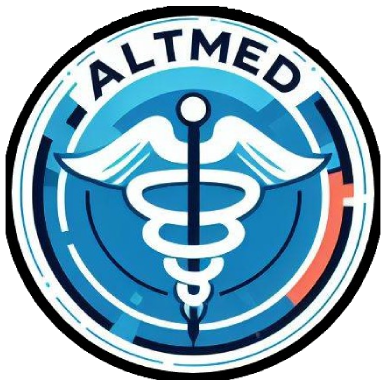Introduction The May 2024 guideline published by ASCO provides a detailed analysis of the evidence for cannabis and cannabinoid use in adult cancer patients. It aims to inform oncologists and healthcare providers about the efficacy, safety, and practical considerations of integrating cannabis into symptom management protocols.
Key Points from the ASCO Guideline
- Efficacy for Symptoms: Cannabis demonstrates moderate efficacy in alleviating chronic cancer pain, particularly as an adjunct to opioids, and in controlling chemotherapy-induced nausea and vomiting (CINV) when standard antiemetics are insufficient.
- Formulations and Administration: Synthetic cannabinoids like dronabinol and nabilone have more robust evidence compared to plant-derived products. Limited data exist for inhaled forms, which may pose additional respiratory risks.
- Safety Profile: Common adverse effects include somnolence, dizziness, and xerostomia, with less frequent but significant concerns like cognitive impairment and psychiatric effects. Long-term effects remain under-studied.
- Clinical Considerations: Clinicians should balance the potential benefits of cannabis against its risks and consider legal restrictions and product variability. Open communication with patients about expectations and goals is essential.
The VitalPoint for Providers This guideline highlights the need for personalized, evidence-informed discussions about cannabis use. As more states legalize medical cannabis, clinicians must stay updated on evolving research and regulatory landscapes to guide patients effectively.
For More Information:
Cancer Cannabis Provider Regulation
